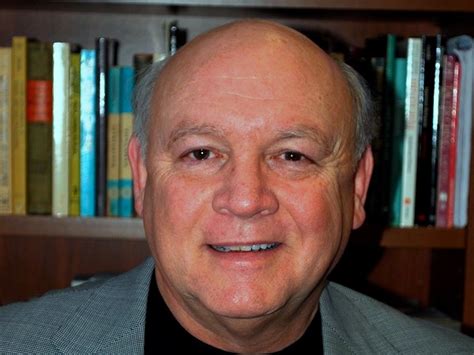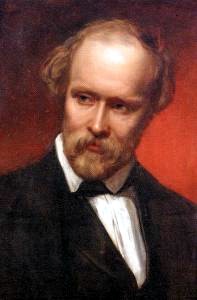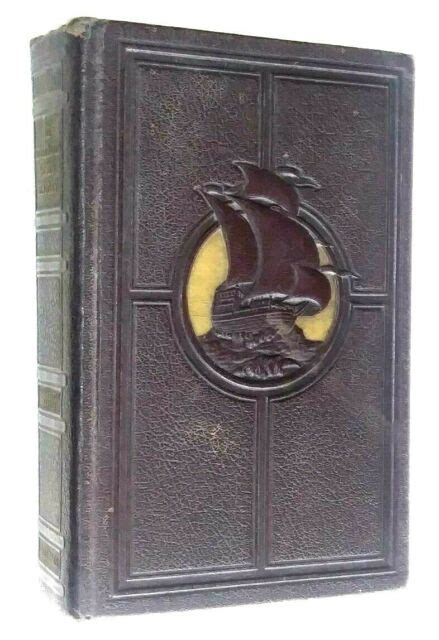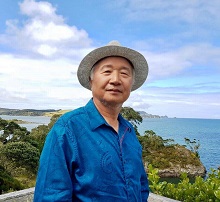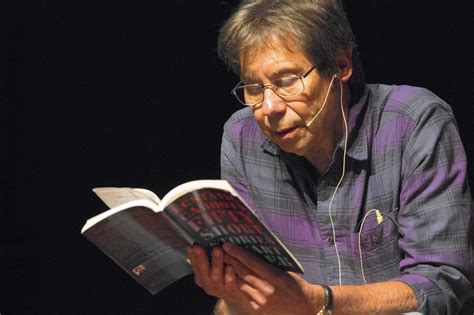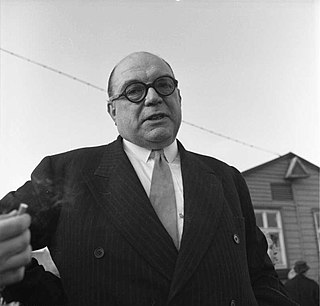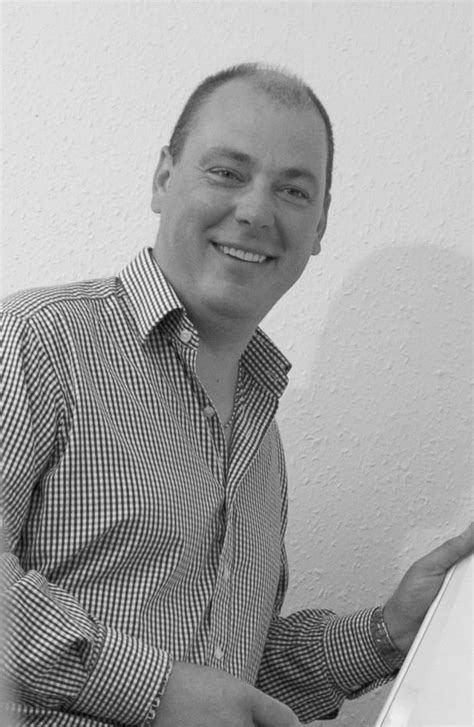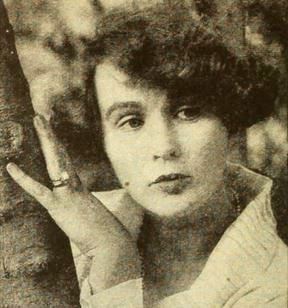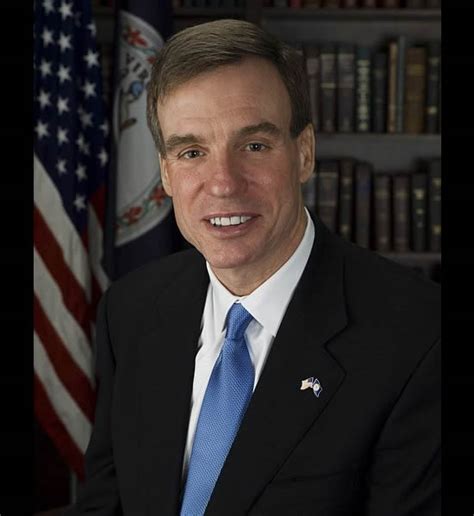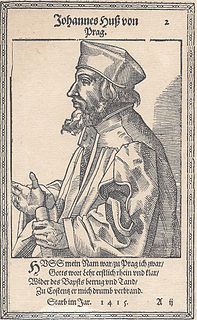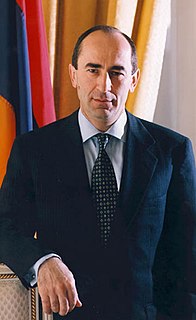Top 1200 Historical Truth Quotes & Sayings
Explore popular Historical Truth quotes.
Last updated on November 25, 2024.
The Bible is a wonderful book. It is the truth about the Truth. It is not the Truth. A sermon taken from the Bible can be a wonderful thing to hear. It is the truth about the truth about the truth. But it is not the truth. There have been many books written about the things contained in the Bible. I have written some myself. They can be quite wonderful to read. They are the truth about the truth about truth about the Truth. But they are NOT the Truth. Only Jesus Christ is the Truth. Sometimes the Truth can be drowned in a multitude of words.
What distinguishes the historical social system we are calling historical capitalism is that in this historical system capital came to be used (invested) in a very special way. It came to be used with the primary objective or intent of self-expansion. In this system, past accumulations were 'capital' only to the extend they were used to accumulate more of the same.
In the face of the idea that truth might afford the opposite of satisfaction and turn out to be completely shocking to humanity at any given historical moment, ... the fathers of pragmatism made the satisfaction of the subject the criterion of truth. For such a doctrine there is no possibility of rejecting or even criticizing any species of belief that is enjoyed by its adherents.
If the Holocaust didn't take place, why then did this regime of occupation come about? Why do the European countries commit themselves to defending this regime? Permit me to make one more point. We are of the opinion that, if an historical occurrence conforms to the truth, this truth will be revealed all the more clearly if there is more research into it and more discussion about it.
In 'Labor Day Hurricane, 1935,' Douglas Trevor vividly recreates a historical event. While that is the only story in A THIN TEAR IN THE FABRIC OF SPACE in the historical past, many of the other stories juxtapose fact-both historical and scientific-with narration to an engaging effect, one that distinguishes the voice of this new writer.
Writers of historical fiction are often faced with a problem: if they include real-life people, how do they ensure that their make-believe world isn't dwarfed by truth? The question loomed large as I began reading 'The Black Tower', Louis Bayard's third foray into historical fiction and fifth novel overall.
Dialectical logic undoes the abstractions of formal logic and of transcendental philosophy, but it also denies the concreteness of immediate experience. To the extent to which this experience comes to rest with the things as they appear and happen to be, it is a limited and even false experience. It attains its truth if it has freed itself from the deceptive objectivity which conceals the factors behind the facts - that is, if it understands its world as a historical universe, in which the established facts are the work of the historical practice of man.
It is easy to see, though it scarcely needs to be pointed out, since it is involved in the fact that Reason is set aside, that faith is not a form of knowledge; for all knowledge is either a knowledge of the eternal, excluding the temporal and historical as indifferent, or it is pure historical knowledge. No knowledge can have for its object the absurdity that the eternal is the historical.

